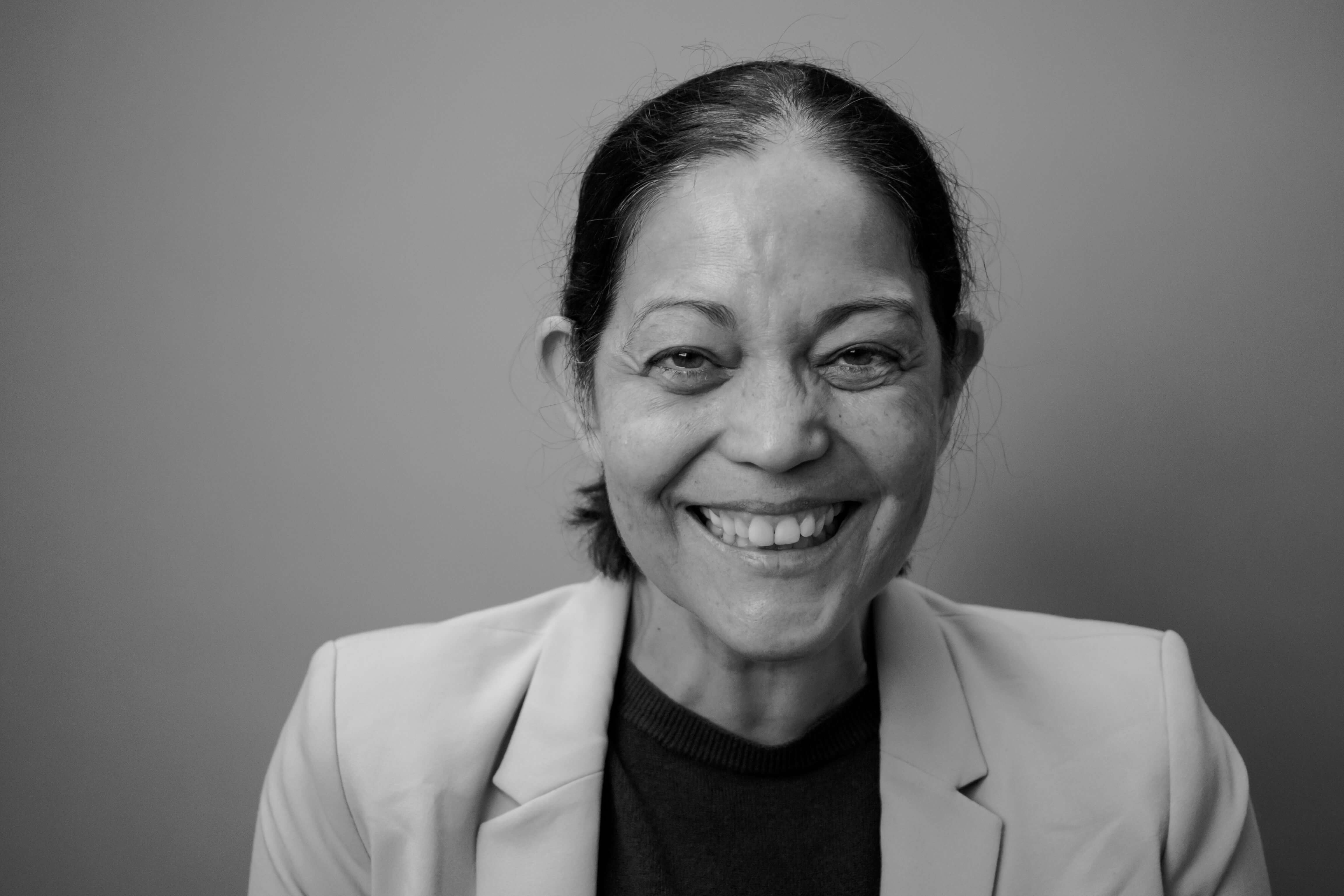
Faces of Innovation—a new GHTC project that features scientists on the front lines of research and development on new global health tools and technologies—profiles Dr. Aileen Marty, who we met at the American Society of Tropical Medicine and Hygiene Annual Conference. Dr. Marty works at Florida International University and serves on the President’s Advisory Council for Combating Antibiotic-Resistant Bacteria.
My name: Aileen Marty, MD
Where I work: Herbert Wertheim College of Medicine, Florida International University
I’m funded by: The US government has supported my research since I began doing research back in the early 1970s. Right now, I’m involved with PACCARB, the President’s Advisory Council for Combating Antibiotic-Resistant Bacteria.
My research: We’re interested in not only resistance by bacteria to antibiotics, but also by other pathogens such as fungal agents, and eventually hope to also focus on antihelminthic agents, and so forth. We are taking a look at it from a one health perspective, which means we try and understand how the agriculture industry may impact the use and availability of antimicrobial agents for humans, what is going on in the environment that’s also altering these things, as well as stewardship and appropriate use of antibiotics and antimicrobials in hospitals and in clinics throughout the United States and throughout the world, and see how those interface with one another.
The CDC [US Centers for Disease Control and Prevention] recently put out a document about antimicrobial resistance that’s highly important. It says we’re already in an era where, for a number of very serious bugs or germs, we are out of antibiotics that actually work. If we do not solve this problem, we’re going to find ourselves in the situation we were in prior to the 20th century. And that impacts much more than infections directly, because modern medicine relies on us not having infections in order to do the surgeries that we’re doing. And to help people with autoimmune diseases like psoriasis or cancer treatments that decrease a person’s immune systems, we depend on the availability of good functioning antibiotics and antimicrobial agents at the right time in the right place for the right patient.
Motivation: I love humanity—and I seriously believe that we all have a role to play in making sure that we leave behind a better world than the world we came into. And I become very inspired when I work with young minds, and I make sure that they see the connections between the different systems of the world and how we need to be stewards of the earth.
Why US federal support is critical: We mustn’t think of it only in terms of it being global. You must realize that we in the United States are part of the globe. Moreover, individuals who live in the United States, who are citizens of the United States, travel worldwide. And what happens in Bangladesh has an impact on what happens in New York. Look at the recent measles outbreak in New York state, for example. That outbreak originated with an outbreak in Ukraine that passed via Israel and was brought to the United States—and think about what that has done. When we manage outbreaks where they arise, wherever that is, we minimize the footprint there and decrease the risk everywhere.
When I’m not in the lab: In my personal life, I have a huge family, which I love dearly, and many, many good friends, and we spend a lot of time coming up with good community plans for helping people. And I belong to the Florida Clinicians for Climate Action, and through that organization we are going to synagogues and churches and other houses of worship where we are explaining the public health impacts of climate change to our people.

